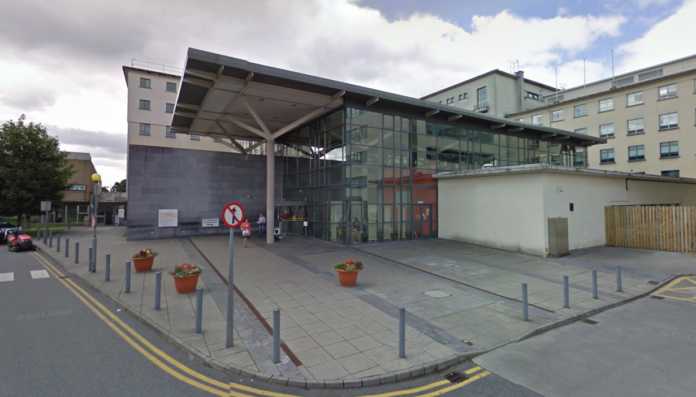The Irish Nurses and Midwives Organisation has called for the Emergency Department Taskforce to meet urgently as the overcrowding crisis continues in hospitals across Ireland.
More than 520 patients, including seven children, have been admitted to hospital without a bed today.
University Hospital Galway has 37 patients on trolleys today, while Portiuncula Hospital in Ballinasloe has warned of long wait times due to overcrowding.
INMO General Secretary Phil Ní Sheaghdha said that it is unacceptable that we are seeing such high levels of overcrowding before the usual onslaught of winter viruses and respiratory illnesses.
“We haven’t yet reached the midpoint of the month and we have already seen over 3,335 patients on trolleys, chairs or other inappropriate bed spaces so far in September,” she said.
“The rising number of children under the age of sixteen on trolleys is becoming a matter of huge concern for our members. Over 64 children have been on trolleys so far this month, with schools only back in earnest in the last week.
“Parents are sending their children to already overcrowded hospitals as a last resort as care options are not available in the community.”
As Co-Chair of the Emergency Department Taskforce, Ms Ní Sheaghdha called on the HSE to convene an urgent meeting of the Taskforce this week to discuss what measures are going to be taken on a week-by-week basis from now until the end of the year.
“The Minister for Health has indicated that he will attend the Taskforce. The HSE should not delay in getting all stakeholders around the table to come up with short, medium and long-term solutions to what is now a year-round crisis.
“Nurses are once again finding themselves of having to apologise to patients and their families because of the state of hospital overcrowding.
“This is unacceptable. It is time for the health service and individual hospitals to be upfront with the public about the staffing and capacity shortfalls in our hospitals.”











